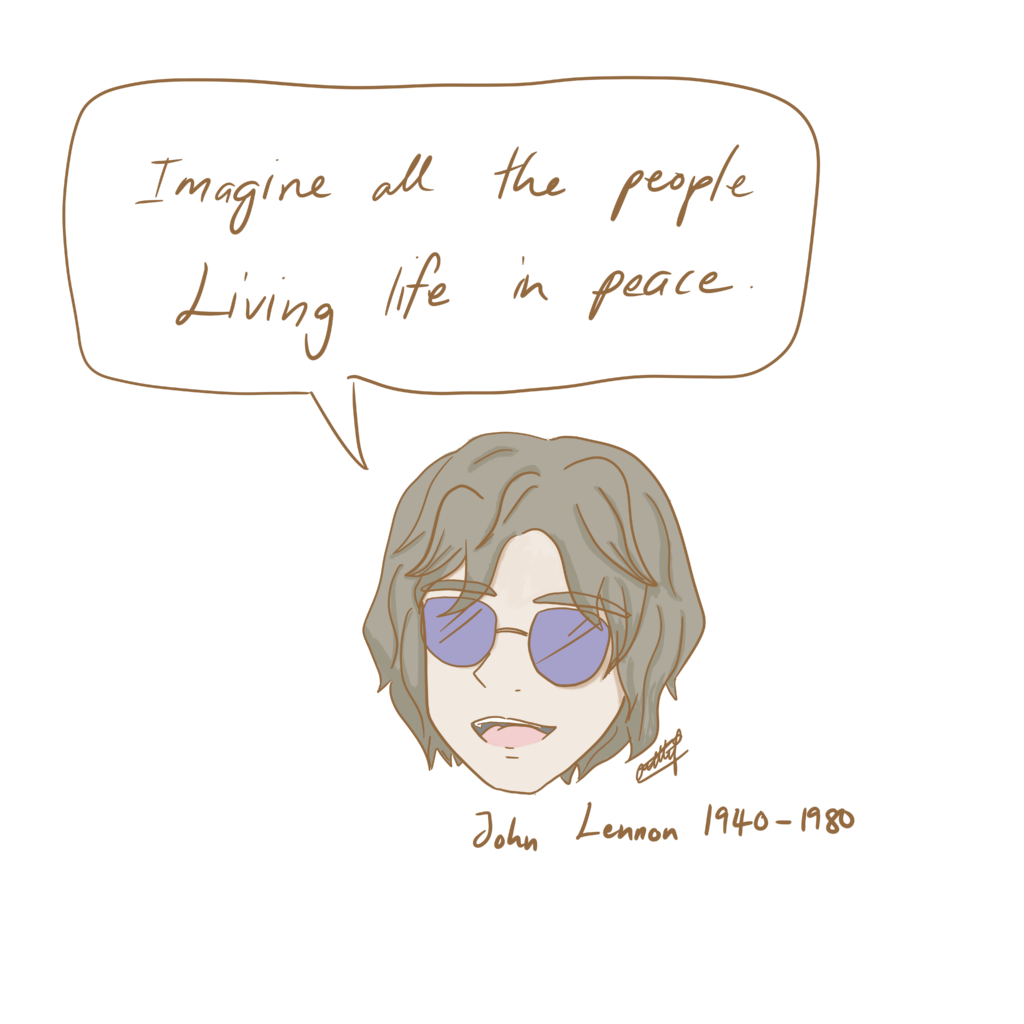
11a.m. on Sunday a bomb was set off only 10 minutes away from us at Liverpool Women’s hospital, a hospital mainly for women and newborns. We were on our way to meet a friend that day. I’m grateful we were safe, and that everybody else except for the culprit were safe.
What we know about the bomber is minimal. His name was Emad Al-Swealmeen which was changed to Enzo Almeni after converting to Christianity. He was a refugee from ?Iraq and is half Syrian. His nationality remains undetermined. He arrived in 2014 to the UK, and had his asylum applications rejected.
In 2015, he was detained under mental health act while attempting to end his life and wielding a knife. He was treated for his mental health: I may or may not have encountered him during my placement. When he was discharged, he encountered accommodation issues and was take in by a British couple from church. The couple was shocked to know that the bomber was him, giving an account of their memories with him. He apparently devoted himself to his conversion to Christianity and was praying with the couple daily.
The fact that the attack was so close to us really made me shudder. But reading the news and the background of the bomber only prove to us all that mental health is still a massive problem and as much as we claimed to be advocating it; it is far from adequate. Merseycare, Liverpool’s own mental health service provider commented that he was discharged from their care at the time of incident. Was this another episode of his mental illness? Was he groomed and coached by other terrorists? Will MI5 unravel these mysteries?
When I was working for Merseycare, we were all trained for PREVENT STRATEGY: a course to identify and safeguard vulnerable individuals from terrorism and extremism. The course not only broadened up my views of the issue but also helped me emphatise with these vulnerable individuals. Perhaps due to being a migrant;far from home and family, I could understand loneliness that engulfed the best of them and eventually lead them to trusting dubious people. The individuals who are most vulnerable to radicalisation mainly are:
- Migrant or children of migrants
- No family or friends nearby
- Mental health issues
- Poverty
- Difficulty in assimilating into local communities
- Isolated by choice, or others such as language barrier, physical injuries or mental health
- Poor self esteem
There are a lot more criteria but one thing that I really hope to shine the light on is the loneliness these people are exposed to. Movies and dramas although aren’t real, have taught us much about how a crisis can always be averted if only an individual receives love or even a simple respect from others.
P/s: if you haven’t watched Joker 2019, I highly recommend you to.
Some people end their lives when they reach their crisis point, some bring others with them. If you’re thinking ‘These people obviously doesn’t need our sympathy, because they are terrorist!” I truly understand. Just like some people are just born psychopathic.
But the true terrorist are never the one holding the bomb. The true terrorist is the one that befriends individuals octracised by the local community, giving them praise, making them feel the worth they have been missing in their lives, and finally lead them to carry the bomb for a lie of a greater good.
There will always be an exception of course, but we will we ever know?
And here I’ll leave you with a verse of my favourite song by John Lennon (who if you consider the time zone difference, share the same birthday with me!), who was also born in Liverpool.
Imagine there's no countries
It isn't hard to do
Nothing to kill or die for
And no religion too
Imagine all the people
Living life in peace
Maybe we should start asking ourselves everyday: “have we shown kindness to those who need it most today?”. Then maybe the world will truly be a better place.
🌹🌹🌹🌹😘😘😍😍❤️❤️🥰🥰🌹🌹🙏🙏🙏🙏🙏🙏🙏
Must be scary. Hope you and your family are well and safe.From my experience in mental health and working with migrants in the UK (NHS setting) is that they have limited support socially as no or limited access to public fund. So it might have an impact on mental health and vulnerability. Side note, mental health issues doesn’t equate mental illness or disorder (but the term is usually used interchangeably).
Thanks Hisham! Yes especially those who can barely speak English. Social support is an important aspect in life, and I believe we all have responsibility as a community to provide each other the kindness we need. This is especially hard at the age of internet now 🙁